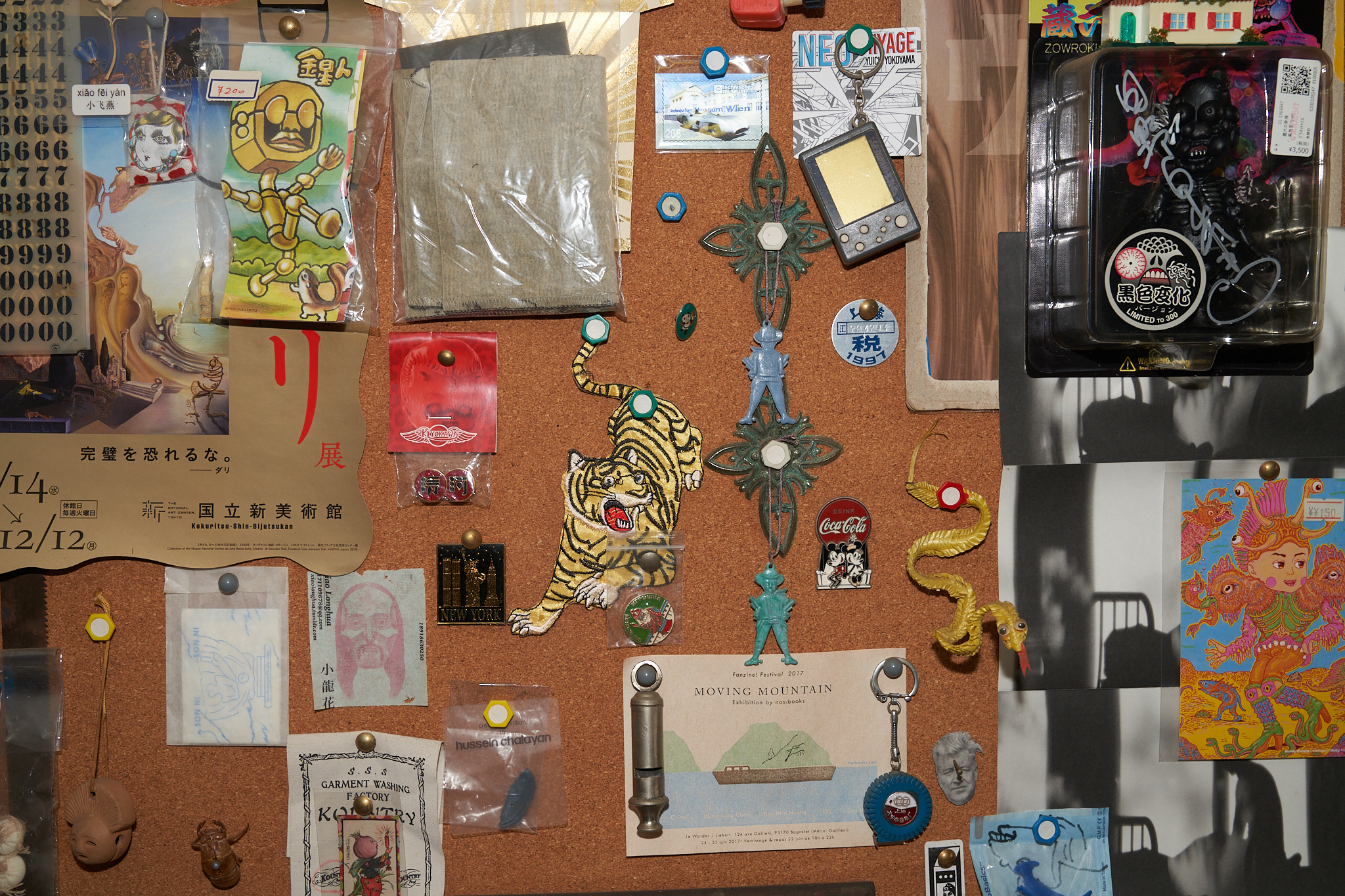BRUSSELS BODY SPEECH
| December 1, 2010 | Post In LEAP 6

“Brussels Body Speech,” the cultural promotion project of Brussels’ regional government at the Shanghai World Expo, had an obvious purpose: to generate interest in the arts and culture of Brussels and Belgium through the use of “art” as an “ambassador.” Fortunately, this was not just another instance where curators load up on cultural postcards in order to showcase “national character;” it was rather a “contemporary art exhibition” in the truest sense.
Curator Hans de Wolf began by selecting some of the most prominent artists and their works; then he came up with the idea of “body” as a point of entry into the exhibition—at which time he supplemented the original selection with young artists whose works corresponded to the theme. Although interpreting the body, or practices related to it, requires taking cultural context into account, the body simultaneously transcends contextual considerations; it is the physical constitution and direct sensory medium of all humankind. “Body” is not just an alternative form of language; it is a universal language.
The works of those artists who already occupy their own place in the history of Western art bear the greatest weight with regard to the structure of the exhibition. Frank Theys’ three-part documentary series, Technocalyps, investigates the ways in which scientists (those “wise men” who are generally considered to have mastered scientific knowledge and its power) attempt to overcome the physical, intellectual, and mortal limits of human life, or in other words, to create “trans-humanism.” Anne Teresa De Keersmaker’s dance piece Rosas Danst Rosas was a groundbreaking work in the 1980s; the minimalism of its repetitive rhythm and of the dancers’ repetitive everyday movements (adjusting their hair, shrugging) forms a spectacle out of the body’s departure from rationality. But when it comes to today’s audience and its in-depth experience with physical release and physical restraint—necks and shoulders sore from the weight of laptop computers, residual lactic acid build-up from dancing at last night’s music festival, and so on—it is nearly impossible to predict whether the once revolutionary perspective of this work will still have the same effect. Either way, whenever an artist uses the medium of dance film to engineer an aesthetic tension between rigid imprisonment and free revelry, the viewer is bound to experience some degree of corporeal pleasure. Meanwhile, Ann Veronica Janssens’ Mist Room (1999) is a chamber filled completely with fog. The mist serves as a kind of visual barrier; by dislodging and eradicating spectators’ bodily awareness and conception of spatial borders, Janssens consequently strips away the obstructions of “intellectuality.”
Though in Chinese it is ambiguously translated as yuyan (“language”), the featured term in “Brussels Body Speech” is actually more specific, articulating the notion of language as it relates to the body. In fact, the only artist who deals with language in the sense of yuyan is Joëlle Tuerlinckx. His work, LEXIQUE / LEXICON, with its archaeological site set-up, requires visitors both to use their bodies (shifting, adjusting angles) and simultaneously to decode the scene in front of them. Everyone must enter, whether deeply or superficially, into the intellectual belief system of the artist himself; only after this kind of engagement can one possibly grasp the secret poetry buried within this seemingly isolated “exhibit” which is, in reality, laden with cross-references.
On the subject of poetry, David Claerbout’s Sections of a Happy Moment (2007) comes to mind. Claerbout makes computerized modifications to an old Bauhaus residence (Modernism’s structural crystallization of “the ideal life”), where an ordinary Chinese family plays and throws a ball around in the front lawn, heads upturned. The imagery of black-and-white snapshots, accompanied by piano music and themes of “existence and disappearance,” all of it shrouded in a halo of projection screen light, produces a delicate, sad kind of beauty. Fanaticism, revelry, adventure, intellectuality, sentimentality: under the theme of “Body,” “Brussels Body Speech” gathered together a variety of physical, sensory, and intellectual experiences, in an effort to seek a deeper understanding of the body’s status in the contemporary context. Aimee Lin

